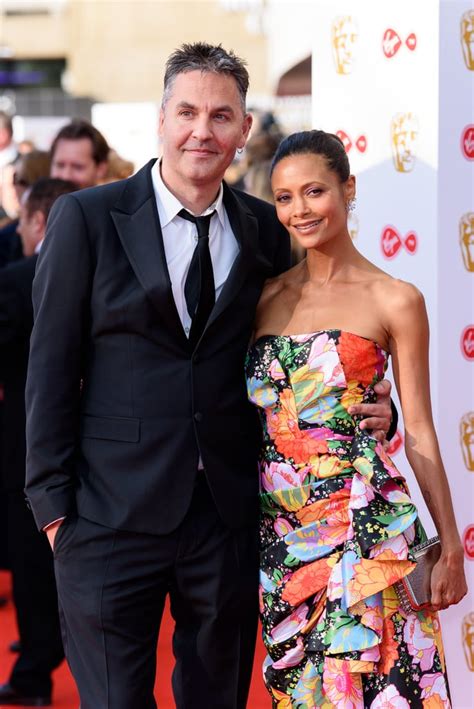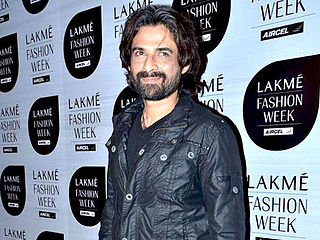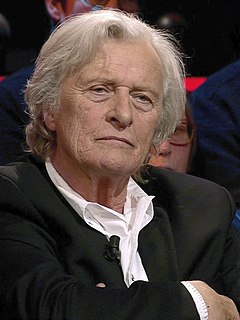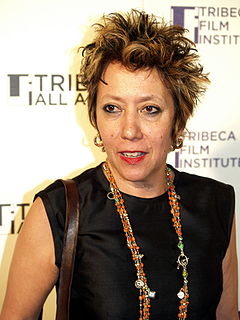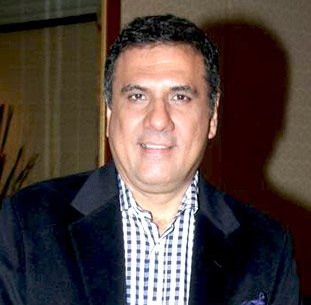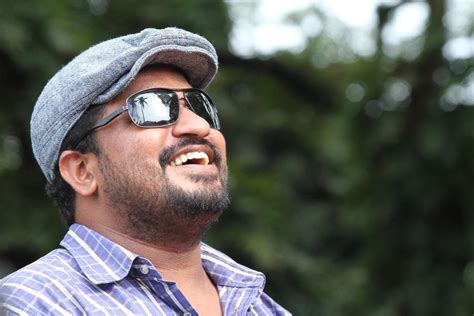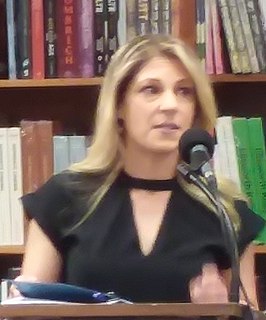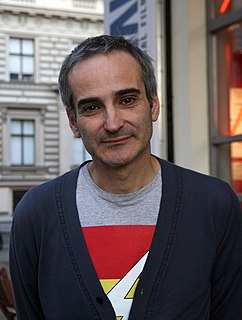A Quote by Ol Parker
The structure and formula are now so well-known that it's become very hard for the film-maker not to commit the cardinal sin: letting the audience get ahead of the film. So it takes some real sparkle - of which I thought 'Man Up' had plenty, especially in the writing - to keep the viewer enjoying a by-now predictable journey.
Related Quotes
I met Michael Snow and Stan Brakhage the second day after I arrived, you know. I had never seen or heard of Brakhage. For me, it was a revolution, because I was well educated in film, but American-style experimental film was known to me in the abstract, and I had seen practically nothing. I had seen a film then that Noël Burch had found and was distributing called Echoes of Silence. It was a beautiful film, three hours long. It goes forever and it was in black and white, very grainy, and I saw that film and I thought...it was not New Wave. It was really a new concept of cinema.
My favourite film-maker west of the English Channel is not English - but to me doesn't seem American either - David Lynch - a curious American-European film-maker. He has - against odds - achieved what we want to achieve here. He takes great risks with a strong personal voice and adequate funds and space to exercise it. I thought Blue Velvet was a masterpiece.
I'm planning some films in the U.K., and it will have pros and cons. It takes a lot more time to set up a film in the U.K., because you can't rely on much. In Greece, friends show up and bring what they can and you make the film. Well, that's a bit simpler than how it really is. But when you make a film with proper industries, it takes more time to synch all these things.
I'm not trying to be self-serving, but you know, you get to Hollywood, and if you want to make something big and loud and dumb, it's pretty easy. It's very hard to go down there and make a film like 'Sideways,' which I thought was a great film. They don't want to make films like that anymore, even though that film was very successful.
I would hate to be in high school now. Psychologists talk about the 'imaginary audience' that teens seem to feel they have around them and that makes them think they have to keep up their image all the time. Now with Facebook and MySpace and 24/7 online access, that imaginary audience has become real.
I hate to write and spend months just waiting for the film to get financed. Then when you start preparing the film and you shoot it, you've already forgotten why you wanted to make the film in the first place. I like to have some kind of coherent energy that takes you through writing, preparing, shooting.
